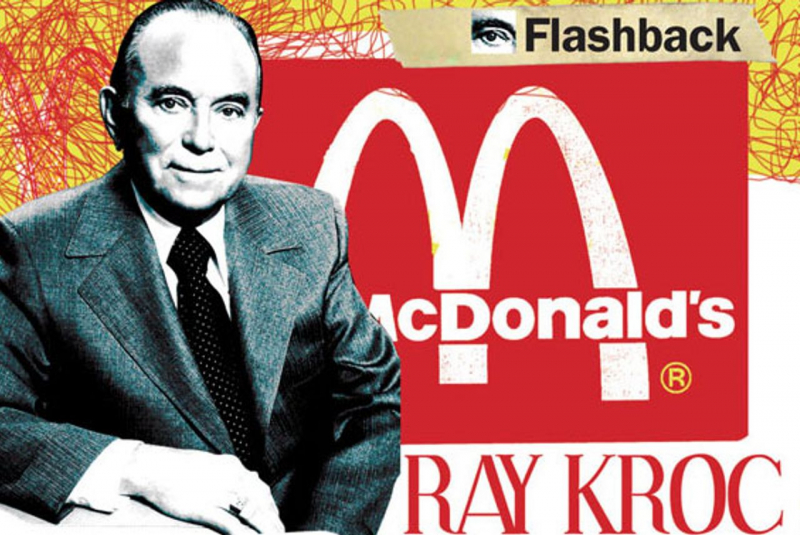Kroc was accused of influencing President Nixon’s veto of a minimum wage bill.
The Kroc Foundation provided funding for studies, care, and outreach on a number of illnesses, including alcoholics, diabetes, arthritis, and multiple sclerosis. Most notably, it was responsible for founding the Ronald McDonald House, a nonprofit that offers parents free housing close to hospitals where their children are receiving treatment.
Kroc, a devoted Republican who opposed the New Deal and government aid, was a strong proponent of individualism. Ray Kroc gave President Nixon's campaign $255,000 in 1972. A minimum wage measure that included a wage for teens, McDonald's main workforce, was later vetoed by the president. The decision was termed the "McDonald's veto" by detractors who claimed Kroc had sway on Nixon. Kroc categorically denied being involved.
The American Academy of Achievement gave Kroc the Golden Plate Award in 1973. In 1972, Kroc contributed $250,000 to Richard Nixon's reelection campaign. Some people, most notably Senator Harrison Williams, alleged that Kroc did this to persuade Nixon to veto a minimum wage bill that was being considered by Congress.








